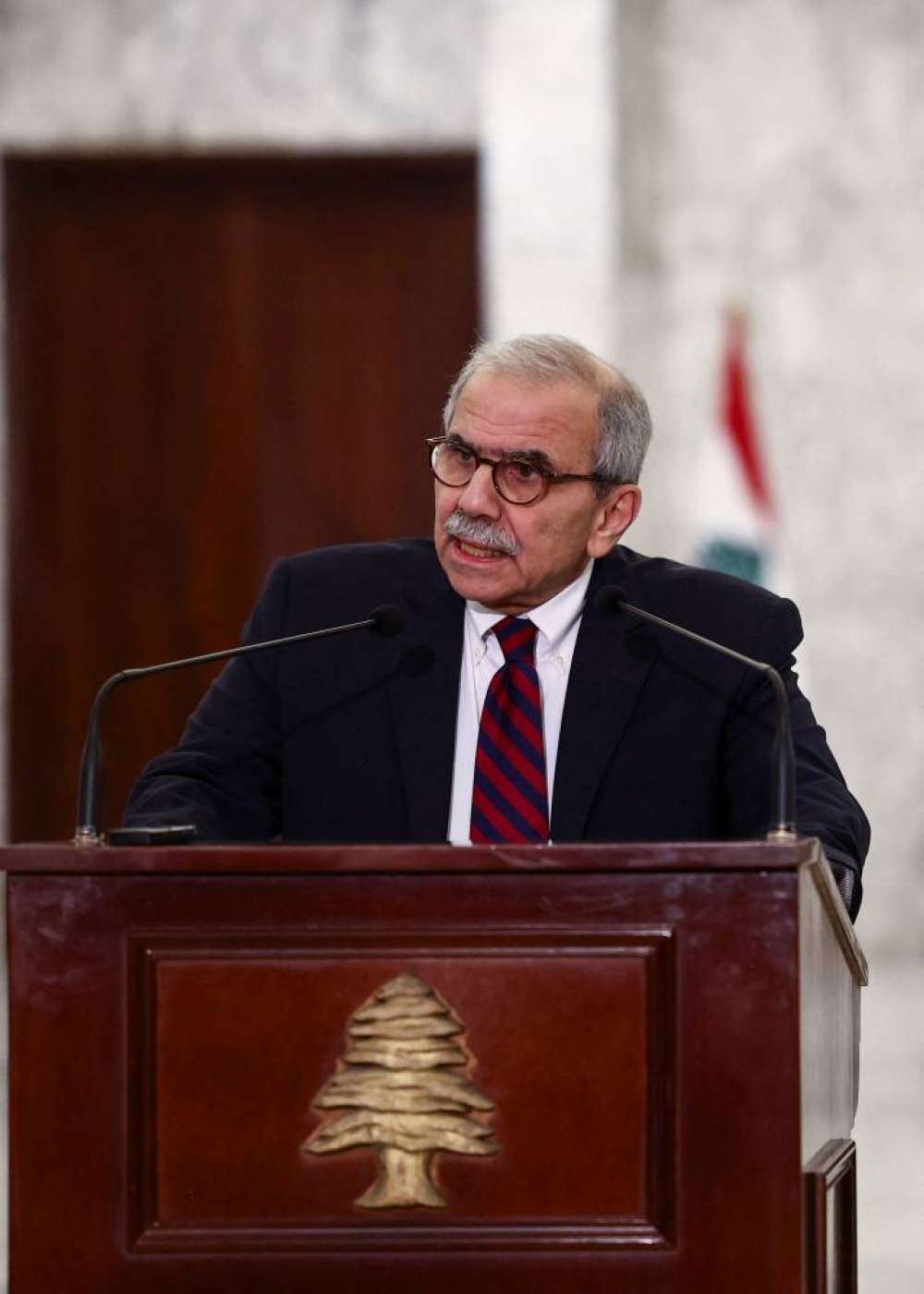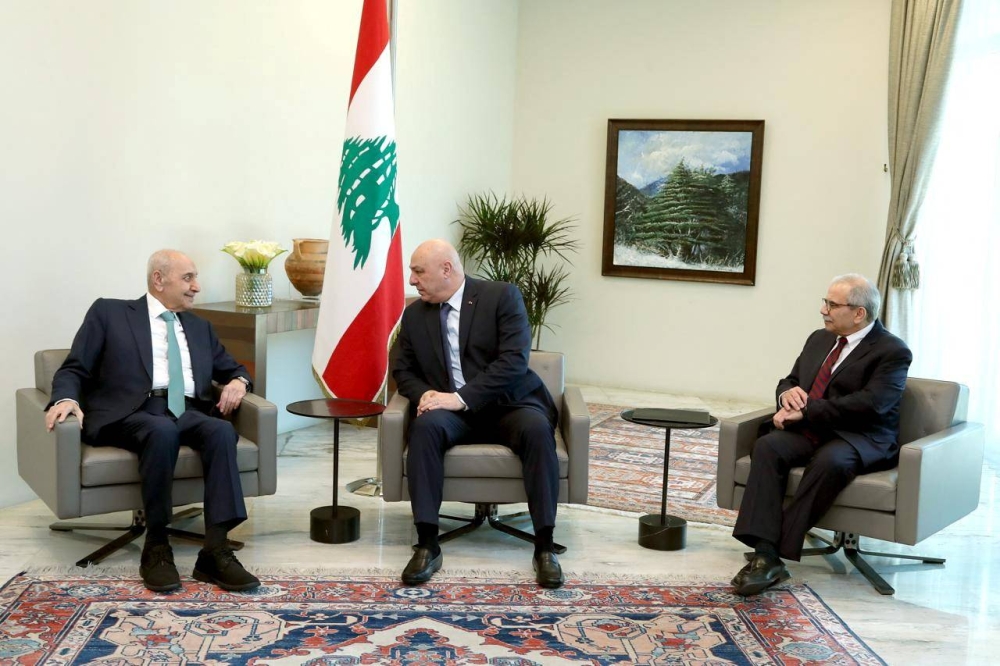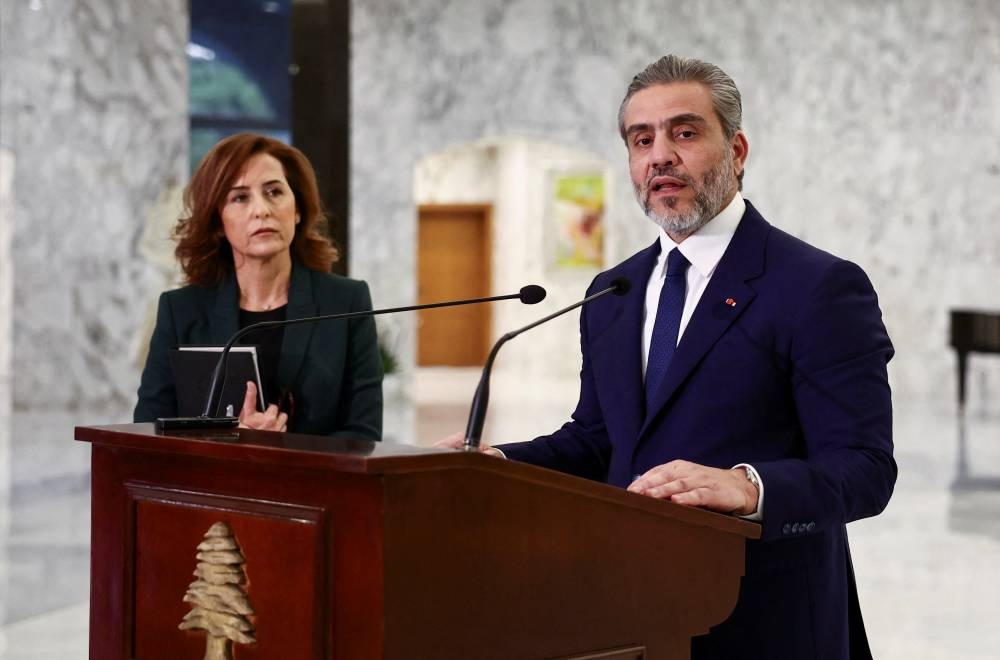Lebanon formed a new government on Saturday, in a step intended to bring the country closer to accessing reconstruction funds following a devastating war between Israel and Hezbollah.
Speaking to reporters at the presidential palace, new Prime Minister Nawaf Salam said the 24-member cabinet would prioritise financial reforms, reconstruction and the implementation of a United Nations resolution seen as a cornerstone to stability on the Lebanese border with Israel.
The announcement came after more than three weeks of talks with rival political parties in Lebanon.
US deputy Middle East envoy Morgan Ortagus said on Friday that the US considered Hezbollah's involvement in the new cabinet a "red line" and thanked Israel for dealing devastating blows to the group, in a controversial statement that sparked protests in Lebanon.
But ultimately, Hezbollah's ally Amal - which is headed by Parliament Speaker Nabih Berri - was allowed to choose four of the new cabinet's members, including the finance minister Yassin Jaber, and give its nod of approval to a fifth.
The cabinet is now charged with drafting a policy statement - a broad outline of the upcoming government's approach and priorities - and will then need a vote of confidence from Lebanon's parliament to be fully empowered.
Lebanese president Joseph Aoun, who enjoyed US backing as army commander, was elected as president on January 9 and nominated Salam to form a new government days later. Salam had been serving as the head of the International Court of Justice.

Lebanese Prime Minister Nawaf Salam speaks to the press following the formation of the new government at the presidential palace in Baabda, Lebanon, on Saturday REUTERS

Lebanese Parliament Speaker Nabih Berri, President Joseph Aoun and Prime Minister-designate Nawaf Salam meet at the Presidential Palace in Baabda, Lebanon, on Saturday. Lebanese Presidency Press Office/Handout via REUTERS

The Secretary-General of the Lebanese Cabinet, Mahmoud Makkieh speaks as he announces the names of the ministers following the formation of the new governement at the Presidential Palace in Baabda, Lebanon, on Saturday REUTERS
